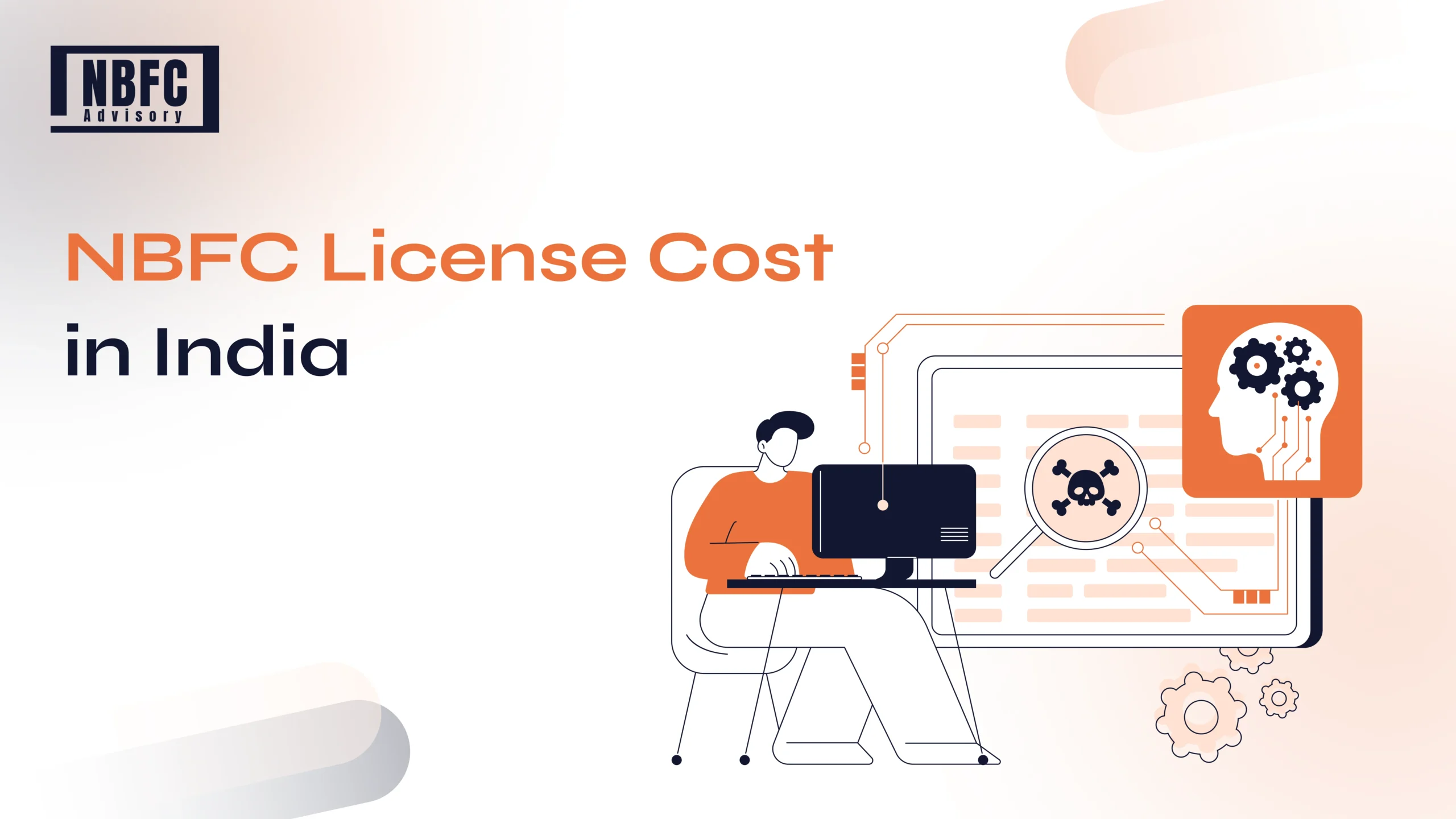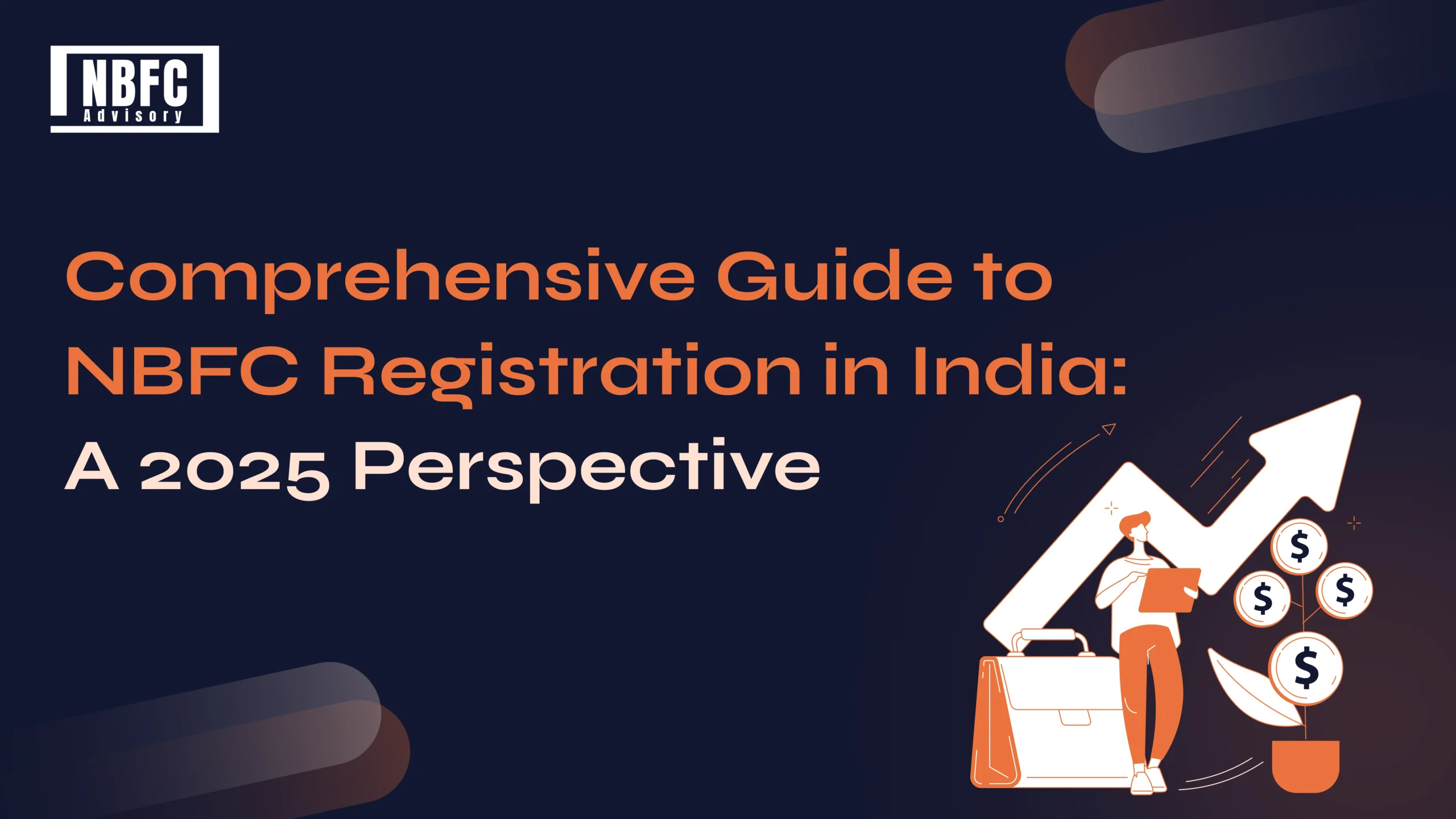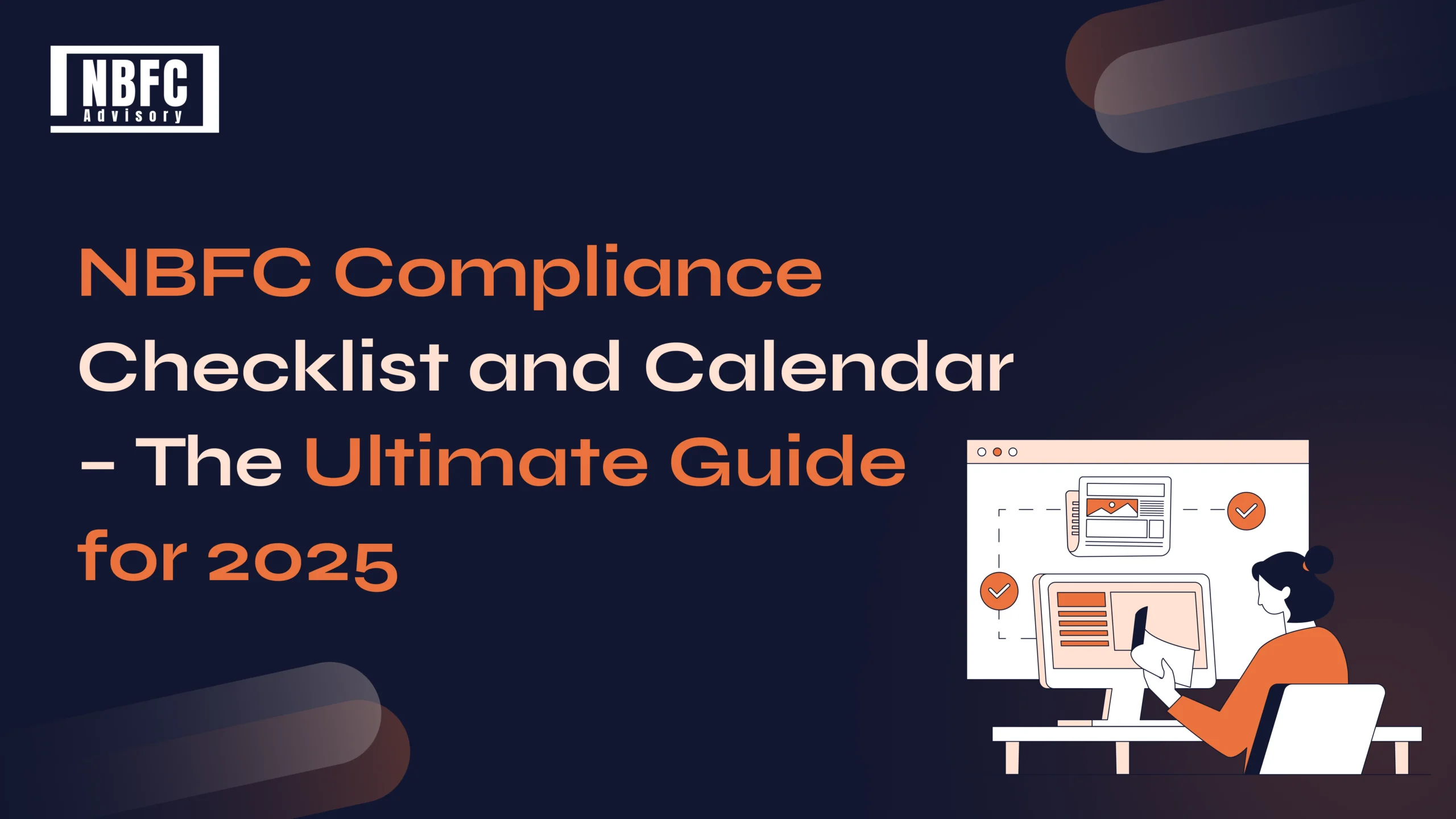Inside This Article
Introduction
Payment or merchant aggregators are third-party service providers allowing payment through several gateways without a merchant account with a bank or card association. PayPal was the first to offer such a service in 1998.
Traditionally this has been quite a manual and muddled process to negotiate with each bank, card provider, and other financial institution. Aggregators tend to work with smaller businesses and are a good solution for businesses that don’t want to or have to register for payment models yet.
So, ditching hefty processes, payment aggregators are gaining the heat among early e-commerce startups as they are easy to set up and just a few steps to sign up away to avail. Moreover, its market across India was estimated to record about 22.6 million terminals by 2025.
Let’s try to know and understand more about this!
What are payment aggregators all about?
The meaning of a payment aggregator concludes as a service that transacts all payments receivings through a single and centralized merchant account, moreover, without the participation of traditional banks and financial institutions.
With this model, a merchant does not require to work out the terms of each gateway every time they want to use the apt payment processor.
Benefits of payment aggregators
The reasons and advantages of choosing payment aggregators instead of traditional payment paths are varied and thus include:
1. Easy setup:
The foremost benefit of setting up a payment aggregator is that it allows instant approval and requires a less time-consuming application process. Thus, it saves you from several checkpoints of credit checks, personal guarantees, PCI compliance checks, business model analysis, etc., while payment aggregators can be done within 3-7 working days in India.
2. Cost-effective integration:
The payment aggregator’s easy and smooth integration with less due diligence – offers minimal get-off-the-ground cost for small businesses. Thus, it empowers credit card payment processing with minimal overhead costs.
3. Receive payment in your most suitable manner:
Various payment aggregators offer hardware as well as software to allow various payment options via credit and debit cards, net banking, e-wallets, EMI, pay later, in-person, online, over the phone, contactless, or transfer at one place.
So, instead of creating multiple accounts with every bank, card provider, UPI, and payment type you want to receive, it gets channeled through a single master account.
4. Transparent and secured payment acceptance:
The encrypted data, defined merchant onboarding policies approved by the Board, and PA-DSS (Payment Application Data Security Standard) and PCI-DSS compliance adherence – always ensures sensitive data security regarding several transactions done by aggregators.
How do payment aggregators work exactly?
- A payment aggregator relies on its backend bank partners to enable payment services. The cost of partnership depends on the negotiation with banks and other providers; this is how the cost to merchants gets decided accordingly.
- To start off, payment aggregators require a network and relations with existing banks so they can channel as a third party responsible for managing and processing small e-commerce merchants’ online transactions. It’s the main service they usually charge for – bridging the gap between banks and merchants – thus, reducing negotiation time in contracts.
- There are two routes a payment aggregator can implement.
- In the case of a straightforward aggregator, the aggregator gets underwritten by a credit card processor and operates transactions of all its sub-merchants using the same Merchant ID.
- And on the opposite side, a sub-merchant aggregator transacts smaller businesses under unique MIDs, revokes the funds to sub-merchants, and retains the fees.
Payment aggregator registration under RBI compliances:
1. Merchant background check
According to RBI guidelines, payment aggregators need to verify and cross-check merchant background and product details, such he/she must hold an illegal history of selling fake products and customer frauds.
2. Grievance Redressal and Dispute Management
RBI guidelines say payment aggregators should appoint a nodal officer who will be required to handle customer complaints or grievances and the escalation matrix.
3. Security and risk management system
As per RBI, aggregators need to employ an information and data security infrastructure, and policies and follow up cyber security incidents and breaches reporting to DPSS, RBI Central Office Mumbai
4. IT infrastructure compliance
It includes:
- Information security governance
- Data security standards
- Security Incident Reporting
- Cyber Security Audits and Reports
- IT Governance Framework
FAQs
1. Payment gateway vs. payment aggregator
A payment gateway acts as a mediator of transactions between merchants and customers, while a payment aggregator facilitates payment transfers between two parties and a bank.
2. How do payment aggregators make money?
The payment aggregator accepts the merchant after that a sub-merchant account. Essentially, the payment aggregator collects payments on the merchant’s behalf. This also implies that the payment aggregator receives money from the customer through their acquiring bank.
3. Are payment aggregators regulated?
In RBI circulars, online non-bank Payment Aggregators (PAs) – existing as on March 17, 2020 – were required to apply to RBI by September 30, 2021, to seek authorization under the Payment and Settlement Systems Act, 2007 (PSS Act).
How we can help!
An aggregator is an optimal solution when it comes to small businesses scaling further without heavy investment commitment for payment structure. Thus, also provides fraud management – which is essential to build a rapport with customers.
We at NBFC Advisory, with 15+ years of experience in advisory and counseling – are assisting businesses to get their payment done so they march forward with projected steps and, thus, elevate their ROIs.
With insights and strategic deployment —our team of professionals is a one-stop solution, so you never miss an opportunity.
Book a call today!




